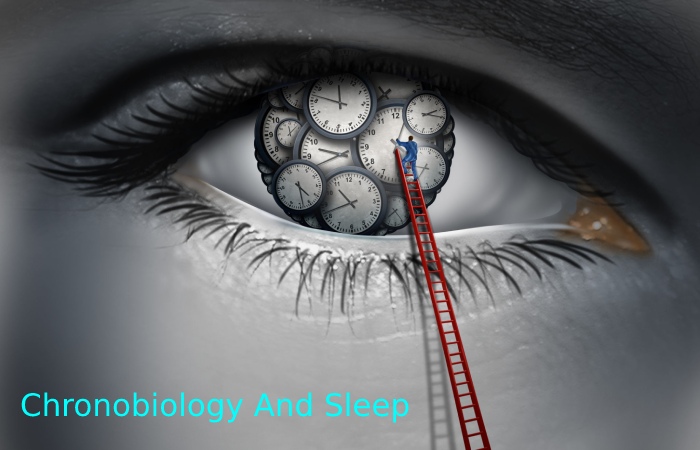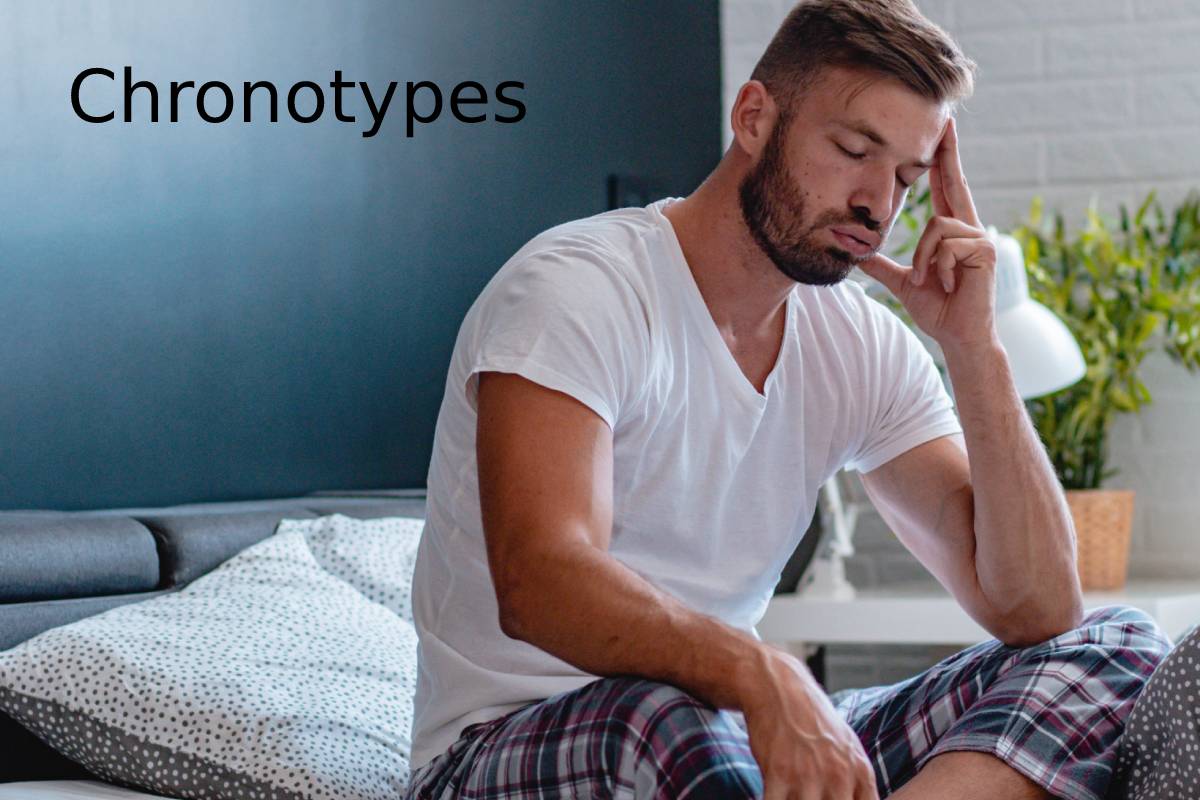Chronotypes – You’ve probably heard that light mainly influences our sleep during the day and the darkness at night. However, in addition to this external clock, there is at least one other factor that significantly influences your sleep: the circadian rhythm, or in other words, your internal clock. The rhythm at which it beats varies from person to person. In this context, one also speaks of various so-called chronotypes. Or maybe you’ve heard ” owl” and ” lark” before. In this article, you will find out how knowing your chronotype can help you sleep better and what happens if you work against it.
Table of Contents
Chronotypes And Chronobiology – Definition
In chronobiology, chronotypes are different forms of the circadian rhythm or, more precisely, the sleep-wake rhythm in humans. While some are already full of energy early in the morning, others often only feel powerful in the afternoon. The chronotype depends above all on your genetic predisposition. It also means that you are most productive and happiest when you live in alignment with your chronotype. Because while all people are subject to a light-controlled, 24-hour rhythm, they differ in terms of when they are most productive within the rhythm. So if you’re thinking, “The early bird can kill me,” it might have something to do with your chronotype!
Chronobiology And Sleep – How Do They Relate?
A better understanding of your chronotype can help you sleep more and better. You can also make the most of your best-performing points of the day. For example, one study showed that students scored up to one grade better when the time of the exam was at the end of their chronotype with the highest performance (for morning types – in the morning, for evening types – in the afternoon). Here are a few things you can pay special attention to as a morning or evening type.
Morning Types
For example, if you have found that you belong to the group of morning types, i.e., that you get tired early and therefore wake up early, then you should make sure that you keep your evenings free for relaxation and falling asleep early. Also, as mentioned, it can be helpful to know when your most productive point of the day is, that is, when you are most focused and energetic. For morning types, this point is usually mid-morning. Here your concentration and your physical performance are at their highest point.
Evening Types
Evening types usually reach this point in the afternoon. As an evening type, you should focus on essential tasks that require concentration or physical exertion for the later part of the day. If your work or school circumstances allow, it may be worth not starting the day too early. Beginning the day later will help you get enough sleep, primarily if you usually don’t rest until (well) after midnight. As an evening type, you are often only productive later in the morning. So waking up earlier will likely get you less than a few hours of valuable sleep. If you can’t avoid getting up early, try to take it easy in the morning and postpone essential tasks until the afternoon.
What Happens When You Ignore Your Chronotype?
Many aspects of society and systems put those of us who consider ourselves evening types at a disadvantage. For example, children and young people must be at school at a particular time, and most people’s working hours are still set at certain times. Therefore, it is not a problem if the chronotype and social obligations match. However, if we constantly work against our internal clock, we will not get enough sleep in the long run. For example, when we as “owls” can’t sleep long enough because we have to wake up at night for the early shift.
Conclusion
It is helpful to pay attention to your internal clock and structure your day accordingly. However, sometimes our insomnia can have other causes than a shifted day-night rhythm. You make an essential contribution to research and, at the same time, receive an innovative treatment for sleep disorders.

